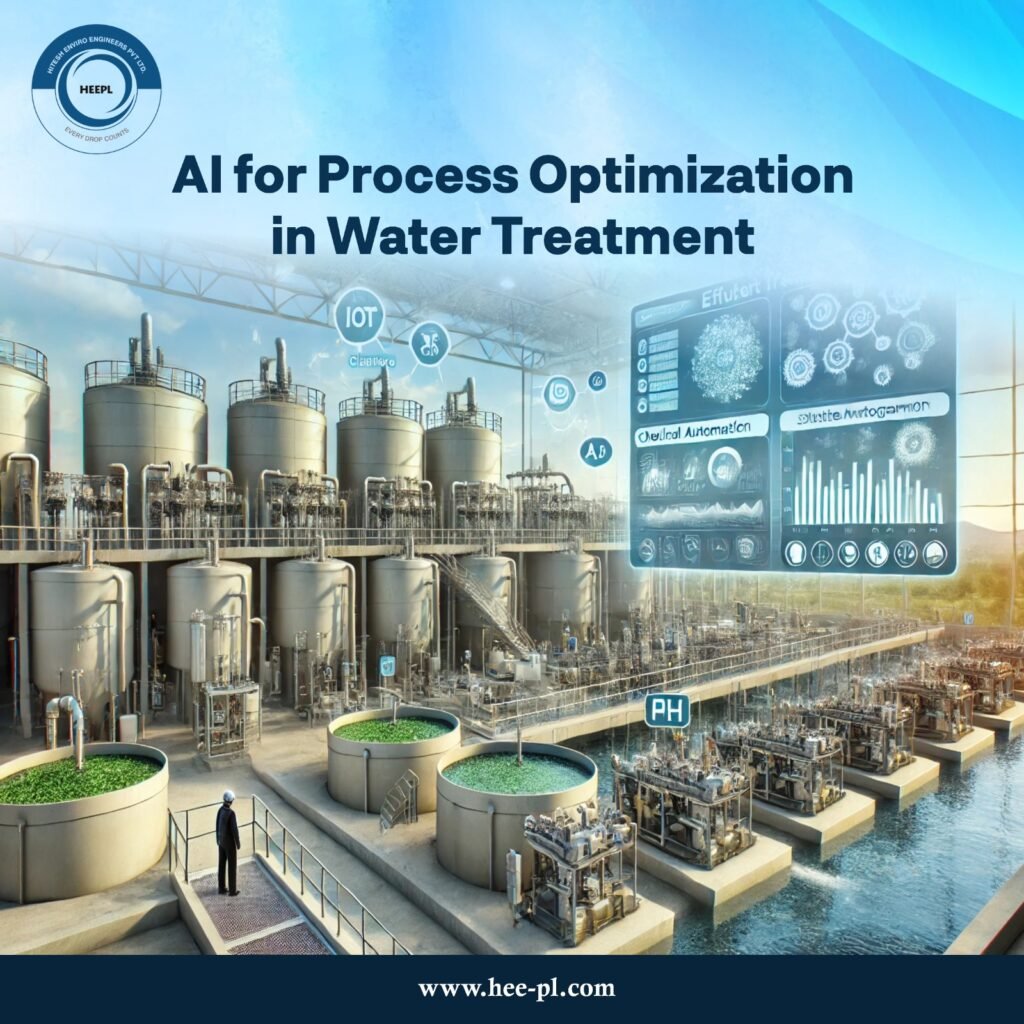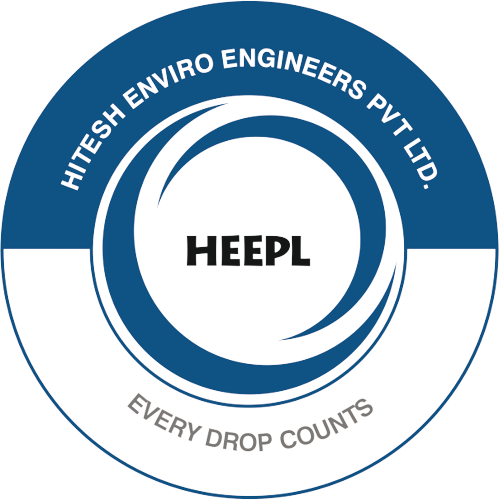
Water treatment facilities face growing challenges due to increasing demand, stringent regulations, and environmental concerns. Artificial intelligence (AI) is transforming the industry by improving efficiency, reducing costs, and enhancing water quality. With advanced automation and predictive capabilities, AI-driven solutions are revolutionizing water treatment processes worldwide.
The Role of AI in Water Treatment
• AI helps water treatment plants optimize their operations by analyzing large volumes of data in real time.
• It enhances decision-making, automates repetitive tasks, and predicts potential failures before they occur.
• By leveraging AI, facilities can ensure consistent water quality, minimize chemical usage, and reduce energy consumption.
Key AI Technologies for Process Optimization
1. Machine Learning
Machine learning algorithms analyze historical and real-time data to detect patterns and optimize treatment processes. These models help in adjusting chemical dosages, predicting water quality fluctuations, and optimizing filtration methods.
2. IoT and Smart Sensors
IoT-enabled sensors continuously monitor parameters like pH, turbidity, and contaminant levels. This data is processed in real time, allowing AI systems to make precise adjustments and prevent system inefficiencies.
3. Predictive Analytics
AI-driven predictive maintenance helps detect equipment failures before they happen. By analyzing trends, AI can alert operators to potential issues, reducing downtime and maintenance costs.
Benefits of AI for Water Treatment Facilities
- Improved efficiency: AI streamlines operations, reducing manual intervention and resource wastage.
- Enhanced water quality: Continuous monitoring and AI-driven adjustments maintain high-quality standards.
- Cost savings: Optimized chemical usage and energy consumption lower operational expenses.
- Environmental sustainability: AI reduces excess chemical discharge and energy use, supporting eco-friendly practices.
Challenges and Considerations
High implementation costs, data security concerns, and the need for skilled personnel can slow integration. However, as technology advances, solutions are becoming more accessible and cost-effective.
Future of AI in Water Treatment
The future of AI in water treatment looks promising with ongoing advancements in automation and data analytics. Integration with blockchain for data security, enhanced AI-driven robotics for maintenance, and improved machine learning models will further optimize the industry.
Additional Applications of AI in Water Treatment
- AI for Leak Detection and Prevention
AI-powered systems use real-time monitoring and advanced algorithms to detect leaks early. By identifying anomalies in water pressure and flow rates, these systems help prevent water loss and infrastructure damage.
- AI in Desalination Processes
Desalination is energy-intensive, but AI can optimize energy usage and membrane performance. By analyzing operational data, AI helps improve desalination efficiency and reduce costs.
- AI for Wastewater Recycling
AI facilitates the recycling of wastewater by optimizing treatment processes. It ensures that water quality meets safety standards while minimizing resource consumption.
- AI-Powered Decision Support Systems
Decision support systems use AI to help operators manage water treatment facilities more effectively. These systems provide real-time recommendations, automate compliance reporting, and enhance overall process control.

